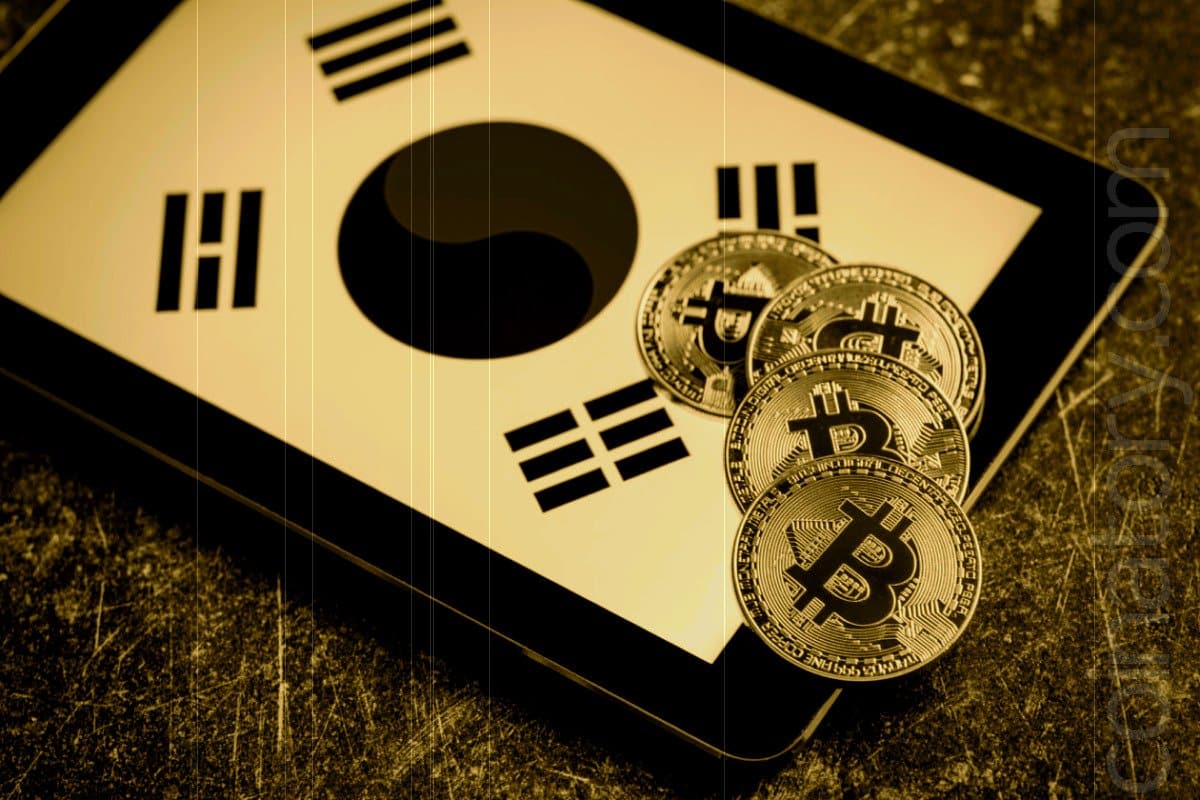
According to data released by South Korea’s Ethics Commission for Government Officials on March 27, 2025, over 20% of public officials polled said they owned cryptocurrencies, with the total estimated worth at 14.4 billion won ($9.8 million). This number comprises 411 of the 2,047 officials who, in accordance with national legislation, must reveal their financial holdings.
High-ranking public officials in South Korea own an average of 35.1 million won ($24,000) in digital assets, according to the Commission. Kim Hye-young, a Seoul City Councilor, disclosed the greatest personal holding of all of them, totaling 1.76 billion won ($1.2 million). 16 distinct cryptocurrencies, including Bitcoin, Ethereum, Dogecoin, and XRP, are part of her portfolio. Her spouse owns more than 519,000 XRP, and her oldest kid has more than 3,300 XRP, according to her family members who also disclosed cryptocurrency holdings.
These revelations come after South Korea pushed for increased financial openness among public servants. Laws requiring the inclusion of cryptocurrencies in public asset statements were passed by the government in May 2023. After the rule went into force in 2024, the public was able to learn about the cryptocurrency holdings of more than 5,800 government workers.
In June 2024, South Korean local cryptocurrency exchanges implemented automated tools to expedite the registration of crypto asset information in order to promote compliance.
The political impact from the case of congressman Kim Nam-kuk, who was accused of selling and concealing almost $4.5 million in cryptocurrency assets just before the Financial Action Task Force’s (FATF) “Travel Rule” went into effect, was a major factor in this decision. Since Kim’s cryptocurrency assets were not legally required to be reported at the time of his transactions, he was ultimately acquitted even though prosecutors requested a six-month prison sentence.
The proposal from South Korea demonstrates a rising dedication to accountability and openness in the public sector, especially as digital assets are incorporated into financial institutions more and more.







